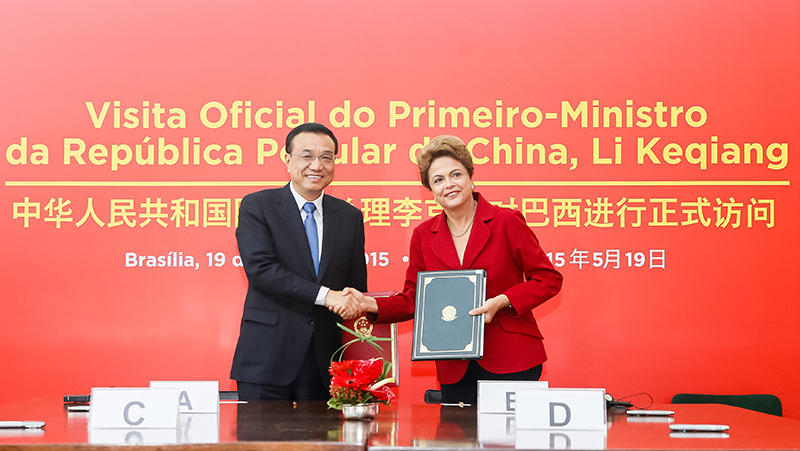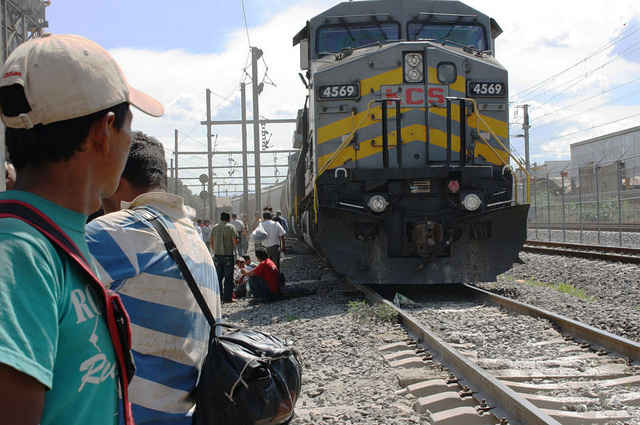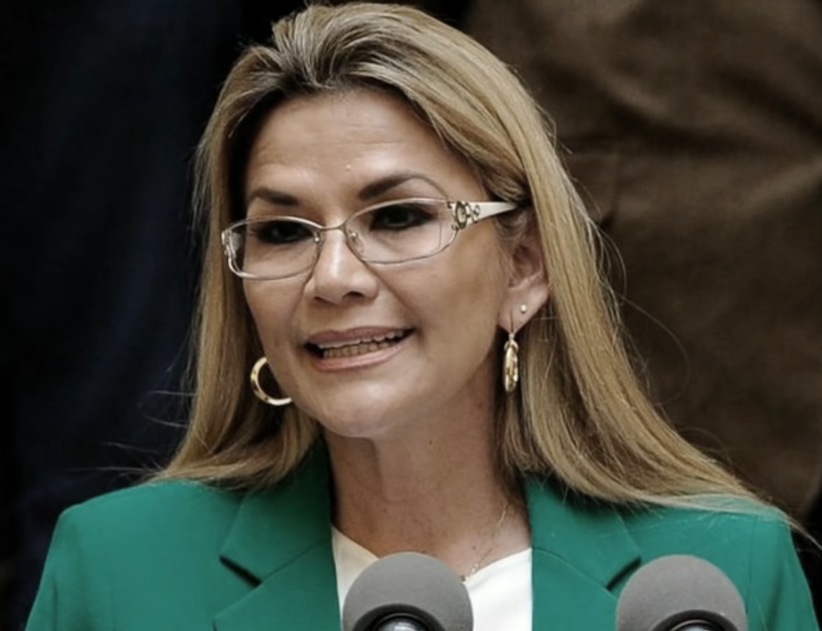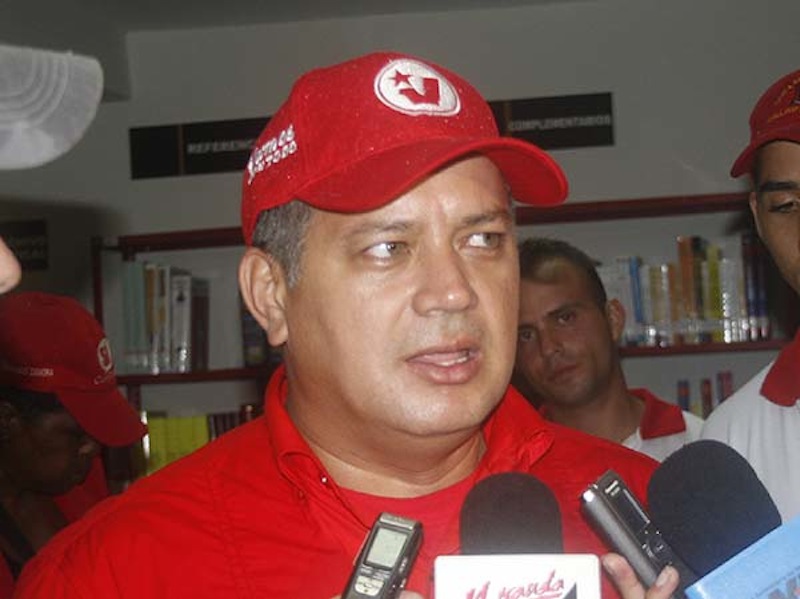
Brazil, Latin America: Week in Review, Southern Cone
Chinese Premier Announces Multibillion-Dollar Deals With Brazil
May 20, 2015 By Staff
Chinese officials announced on Tuesday a multibillion-dollar investment and loans package for Brazil, including substantial investments in the country’s crumbling infrastructure ahead of next summer’s Olympic games in Rio de Janeiro.
The announcement was part of Chinese Premier Li Keqiang’s first official visit to Latin America, and comes at a fortuitous time for Brazilian President Dilma Rousseff, who faces growing criticism over her handling of the economy and a massive graft scandal involving her Workers’ Party and Petrobras, the country’s state-run oil company. Brazil’s economy is currently in the midst of its fifth straight year of slow growth — largely a result of decreased Asian demand for commodies — and Tuesday’s announced investments and loans are seen as a lifeline for Rousseff.
The list of investments includes plans for a controversial railway that would cut through the Amazon rain forest and over the Andes mountains on its way to the Pacific ocean, and some $7 billion for the beleaguered Petrobras. Also included in the announcement were new metro trains and catamarans for Rio de Janeiro ahead of the upcoming Olympics, a $1 billion purchase of Brazilian-made passenger jets and the lifting of an import embargo on Brazilian beef.
Some, however, have criticised the feasibility and potential benefits of some of the projects, particularly the intercontinental railway intended to reduce freight costs by connecting Peru’s Pacific port, Puerto Ilo, with Brazil’s Porto do Açu. Environmental and human rights advocates have criticized the fact that the railway will cut through the Amazon forest, running through land occupied by indigenous groups. Others point to similar Chinese infrastructure projects that China promised but didn’t deliever on, such as another interoceanic railway that was supposed to run through Colombia.
This is just the first stop in Li’s trip to Latin America. He plans to announce further investments in Peru, Chile and Colombia later this week.
Headlines from the Western Hemisphere
North America
- At least 13 people are reportedly missing in a Mexican town in the embattled state of Guerrero after gunmen claiming to be vigilantes forced the local police force out, claiming they worked for drug traffickers.
- A gunfight between police and suspected gang members in the Mexican state of Jalisco claimed at least eight civilian lives, a federal official told Reuters on Tuesday on condition of anonymity.
- Mexico’s government on Tuesday criticized the decision by a Texas grand jury not to indict a police officer who shot and killed an unarmed Mexican immigrant after, the officer said, chasing him from the scene of a burglary.
Caribbean
- Cuba’s government are in talks with their U.S. counterparts to open a U.S. bank account, a State Department official said Tuesday, a major step in the normalization of relations between the two countries.
- The Dominican Republic’s top central banker has upgraded the country’s economic growth forecast to six percent, a standout number for Latin America, where many economies have been mired in stagnation or recession.
Central America
- Ahead of the planned beatification of slain Archbishop Óscar Romero on May 23, Carlos Dada of the Salvadoran news website El Faro argues that despite claims to the contrary, Romero was an “intensely political” figure, whose opposition to the military regime led to his assassination in 1980.
Andes
- Bolivian military troops have been forced to act as bakers in an effort to mitigate a bread shortage that has resulted from a strike by bakers in protest against the removal of a subsidy on flour.
- Rescuers on Tuesday continued searching for victims of a mudslide in Colombia, which killed at least 78 people on Monday, just days after heavy rains caused a deadly mine collapse.
Southern Cone
- Four former Guantánamo prisoners who were resettled in Uruguay in December reached an agreement with the Uruguayan government, thus bringing to an end the protest for compensation over their imprisonment that saw them camp in front of the U.S. embassy in Montevideo for four weeks.
- A judge in Paraguay declined the request for release from jail on behalf of the mother of a pregnant 10-year-old girl, whose case sparked an international outcry when she was denied an abortion, in accordance to strict Paraguayan laws. The 10-year-old girl was allegedly raped by her stepfather, and her mother has been incarcerated for neglecting to prevent the abuse.




